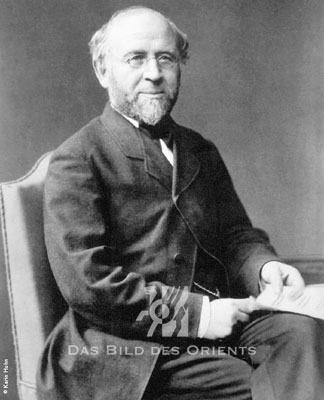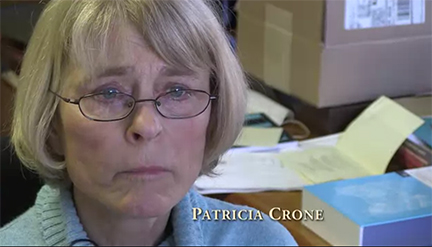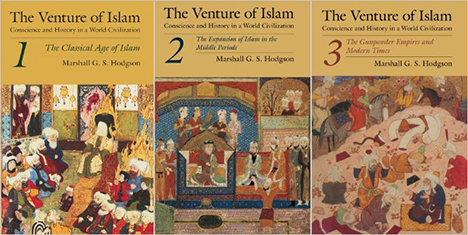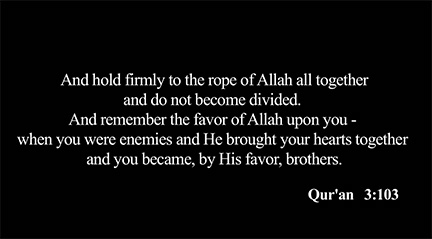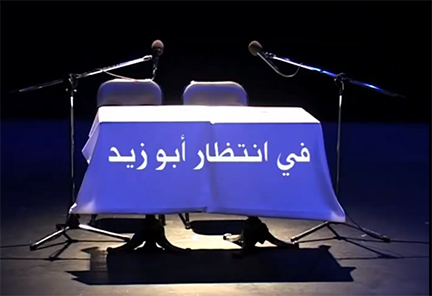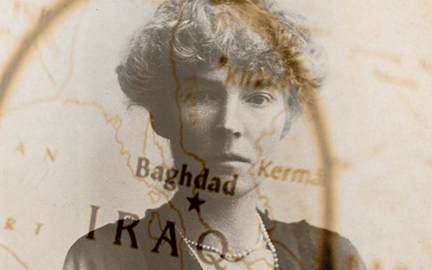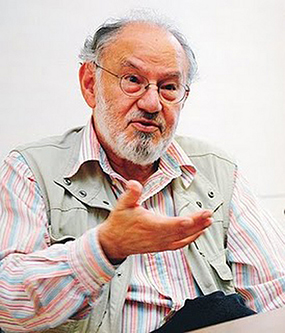
Thinking About Tradition, Religion, and Politics in Egypt Today
by Talal Asad, Critical Inquiry
I have used the term “tradition†in my writings in two ways: first, as a theoretical location for raising questions about authority, time, language use, and embodiment; and second, as an empirical arrangement in which discursivity and materiality are connected through the minutiae of everyday living.[1] The discursive aspect of tradition is primarily a matter of linguistic acts passed down the generations as part of a form of life, a process in which one learns/relearns “how to do things with words,†sometimes reflectively and sometimes unthinkingly, and learns/relearns how to comport one’s body and how to feel in particular contexts. Embodied practices help in the acquisition of aptitudes, sensibilities, and propensities through repetition until such time as the language guiding practice becomes redundant. Through such practices one can change oneself—one’s physical being, one’s emotions, one’s language, one’s predispositions, as well as one’s environment. Tradition stands opposed both to empiricist theories of knowledge and relativist theories of justice. By this I mean first and foremost that tradition stresses embodied, critical learning rather than abstract theorization. Empiricist theories of knowledge assert the centrality of sensory experience and evidence, but in doing so they ignore the prior conceptualization carried by tradition. My sensory experience is incommensurable with yours. It is only through language (integral to a shared form of life), and the conceptualization that language makes possible, that we can develop argument and knowledge as collective processes. Critique is central to a living tradition; it is essential to how its followers assess the relevance of the past for the present, and the present for the future. It is also essential for understanding the nature of circumstance, and therefore the possibility of changing elements of circumstances that are changeable. Relativist theories of justice assert that “justice” is simply the name for the norms that actually guide and regulate a people’s form of life. And yet what other people consider to be justice is part of the circumstance that confront the followers of every living tradition. As such it constitutes a challenge to every critical tradition, an invitation to change contingent aspects of one’s tradition, or of the circumstances in which it is embedded, or both. This is not a challenge of abstract theories but of embodied (and yet criticizable) ways of life.
For the rest of this article, click here.
